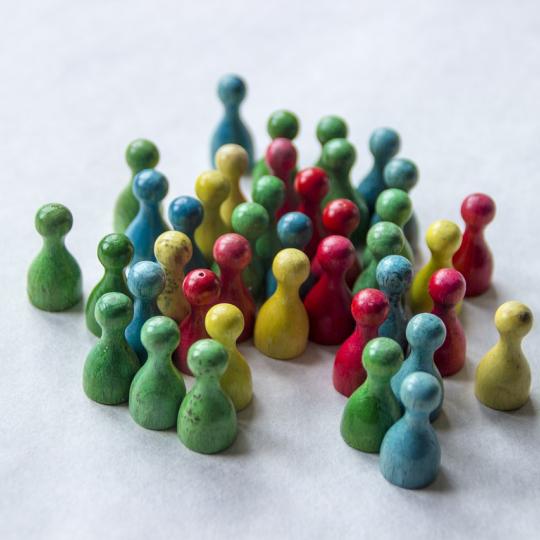Science has a lonely image - the solitary individual hunched over a microscope or computer - when, in fact, discovery often depends on that most human of exchanges, conversation. The day Freud met Jung, they talked non-stop for over 13 hours. When the Indian philosopher Rabindranath Tagore visited Albert Einstein, they discussed mathematics, but also the nature of reality, religion and much more. Extraordinary people, extraordinary conversations.
Today, we have the technological means to reach out to anyone on the planet. Data, the universal language of science, can be shared at the touch of a computer key. But something important is missing from the equation: personal contact and the building of trust that leads to the sharng of information and the swapping of expertise. We want to help scientists put personal relationships back at the heart of scientific discovery.
Today, we have the technological means to reach out to anyone on the planet. Data, the universal language of science, can be shared at the touch of a computer key. But something important is missing from the equation: personal contact and the building of trust that leads to the sharng of information and the swapping of expertise. We want to help scientists put personal relationships back at the heart of scientific discovery.

